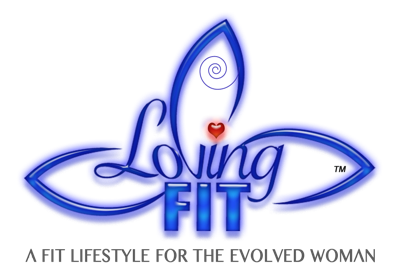Working Out For Results

Working out the right way is a key to success in your training. Too little or too much play a big role in your progress. If you workout too little you will not see much change, but if you work out too much, the only change you will see is exhaustion and frustration wondering why you are not getting the results you want.
There is a thing called excessive training is in which the volume, the intensity, or both are increased too quickly, and without proper progression.
It’s been scientifically proven that training with too high of a volume or intensity produces no additional improvement in conditioning or performance and can lead to a chronic state of fatigue. The reason for that is, it’s associated with muscle glycogen ( energy used by muscles in contraction) depletion. In addition excessive training has been shown to significantly decrease muscle strength.
What is the right way of working out?
Periodization is the key, meaning very intensive training periods should be followed by moderate to low intensity training.
The level of training intensity relates to both the muscle force and the stress placed on the cardiovascular system. With regard to muscle action, intensity is highest when the muscles produce maximal tension. High-intensity, low-volume training can be tolerated only for brief periods. Although it does increase muscle strength, it does nothing for your aerobic capacity.
I know there has been a lot of studies about High Intensity Interval Training that improve your aerobic capacity, but from my personal experience it didn’t for me. I had to increase the resting interval which decreased the intensity level a bit. So my workout took longer than usual. But I noticed improvements in my breathing during the workouts. I started to tolerate longer intervals without feeling like I’m going to pass out, meaning my cardiovascular system improved.
Lower intensity, high-volume training stresses the oxygen transport and oxidative metabolism systems, causing greater gains in aerobic capacity.
The energy needs of high-intensity exercise place greater demands on the glycolytic system rapidly depleting muscle glycogen. If training like HIIT is performed too often, such as daily, the muscles can become chronically depleted of their energy reserves and the person might develop signs of chronic fatigue or overtraining. Because your body undergoes inflammation in response to this kind of training and should progress into repair and remodeling. To put it simple it takes your body at least 48 hours to recover from HIIT, because your muscles are depleted of glycogen ( the energy your muscle use to contract ), you can’t perform HIIT before your muscle has enough time to regain glycogen supplies.
The stress of excessive training can exceed the body’s ability to recover and adapt, which results in break down of muscle, not build up.
The most important thing you can do is listen to your body. It always gives you signs when something is wrong. Remember more is not always better, and always high intensity doesn’t mean greater gains. Balance is everything!
Have you ever experienced overtraining? Did you listen to your body?







